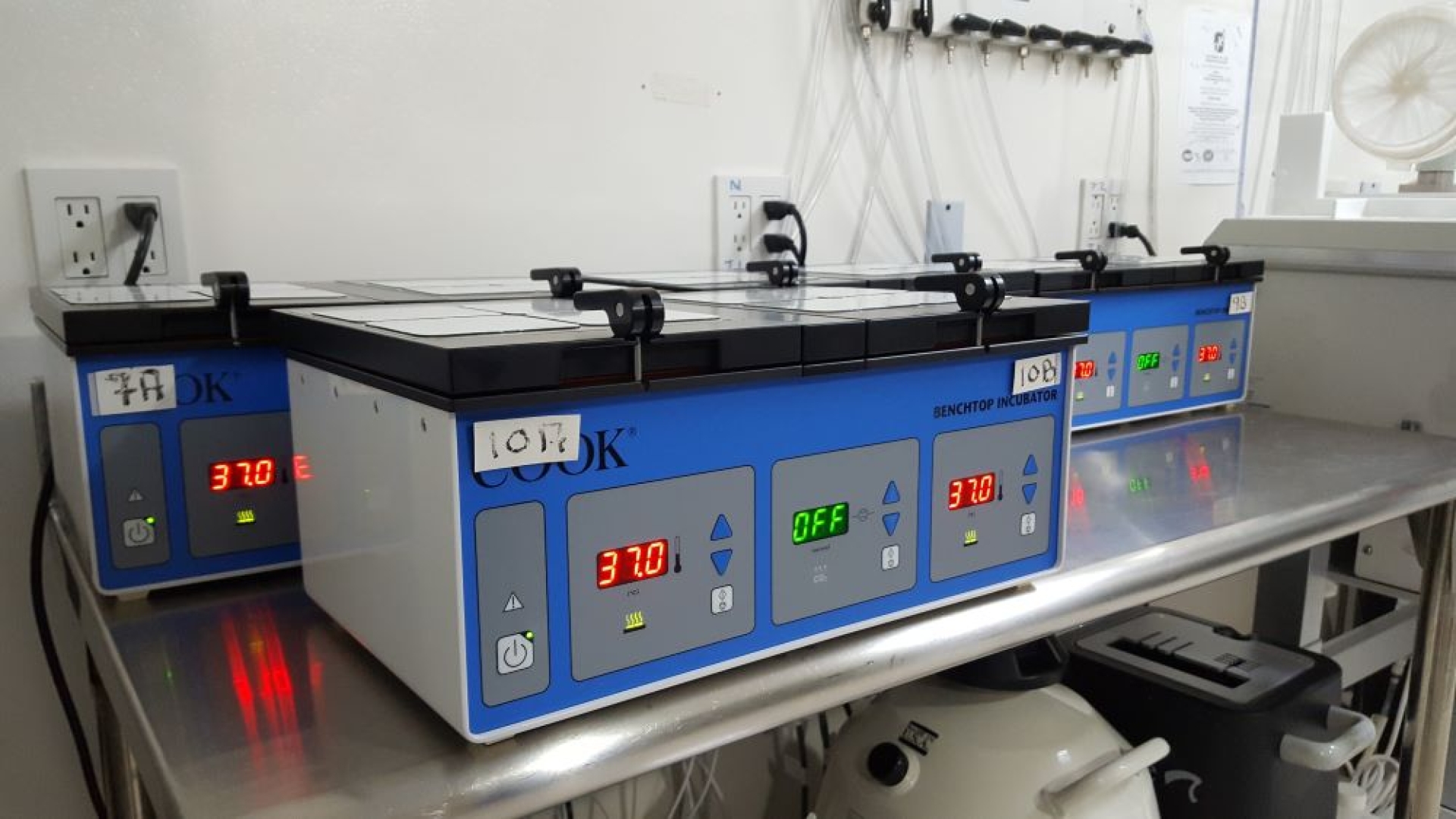Alabama Supreme Court Rules That Frozen Embryos Are People

IVF incubator
The nine-judge Alabama Supreme Court said in its 8-1 decision that the state's law dealing with the accidental death of a minor was “comprehensive and unqualified”; its provisions thus apply to children “regardless of their location.”
The court's decision was prompted by a lawsuit filed by parents whose frozen embryos were accidentally destroyed at an in vitro fertilization clinic. The plaintiffs argued that this destruction fell under the Wrongful Death of a Minor Act.
The decision is based on several elements already present in Alabama law. In 2018, a constitutional amendment affirming “the sanctity of unborn life and the rights of unborn children” was approved by voters. This legal conception, however, still remained quite abstract. The court explored this further in its ruling.
In 2019, the state of Alabama enacted a ban on abortion. Doctors guilty of performing an abortion are subject to prison sentences ranging from 10 to 99 years, except in cases serious danger to the mother or “lethal abnormality” of the fetus. The text came into force with the repeal of Roe v. Wade in 2022 by the Supreme Court of the United States.
Does the Wrongful Death of a Minor Act extend to frozen embryos? Ultimately, this was the question to be decided. The judgment therefore looked at the “ontological” status of these children who have not yet been born and who have been frozen.
The discussion focused on the very definition of “person” and its applicability to frozen embryos.
The legal application of the term “child” was easier. The court held that frozen embryos are “children” under state law, and concluded that the Accidental Death of Minors Act “applies to all children, whether born or unborn, without limitation.”
The judges thus declared that the expression “minor child” designates “an individual member of the human species, unborn or recently born, from fertilization to majority.” Nothing in the law restricts that definition to unborn children “in utero,” the judges said.
(Sources : CNA/SC-2022-0515 – FSSPX.Actualités)
Illustration : Photo 203543536 © Alicia Gonzalez | Dreamstime.com





